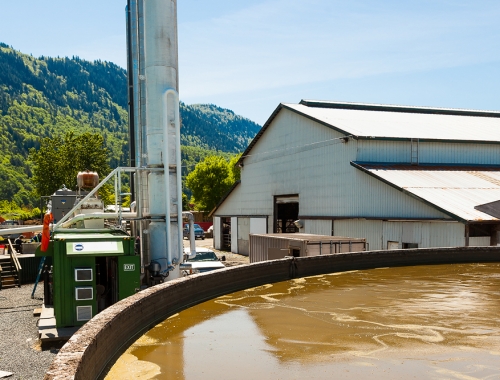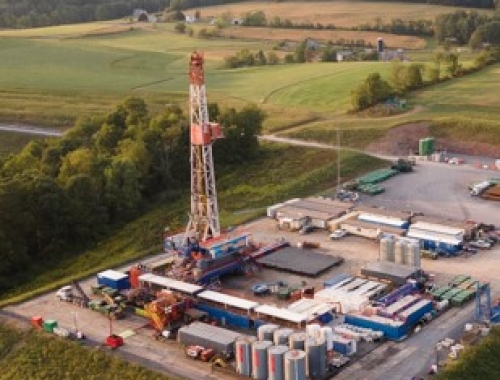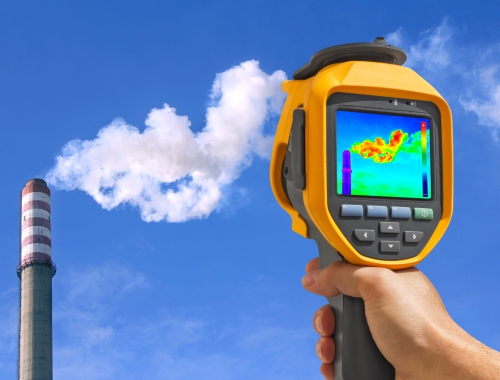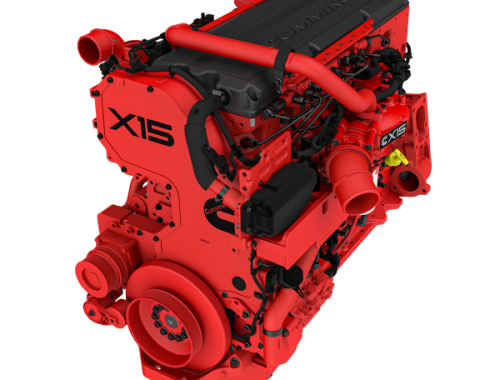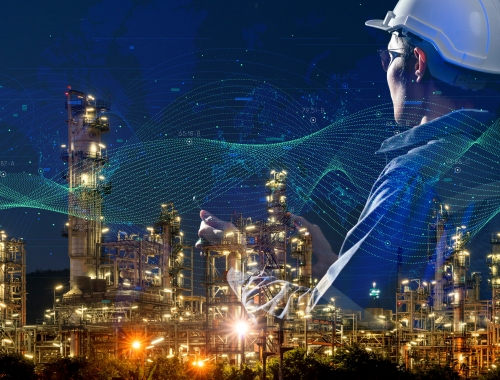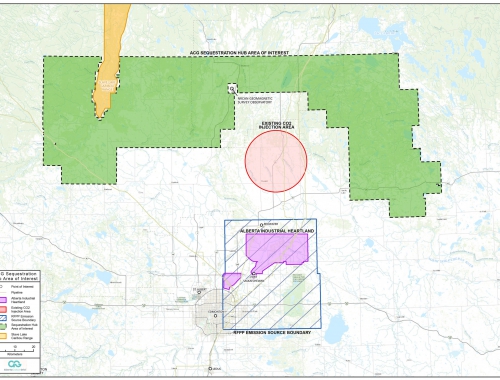MiQ's mission to rate all natural gas on its methane emissions: interview
SUMMARY
The non-profit initiative's end goal is to differentiate all the world's natural gas supply based on its methane emissions.
By Joseph MurphyPOSTED IN:
In just over a year since its launch, the MiQ non-profit initiative has already certified some 2.5% of the world’s gas supply under its standards for addressing methane emissions. Its announced ambition is to raise this to 100% by the end of the decade, but CEO Georges Tijbosch tells Gas Pathways he is hopeful that this target could be reached sooner.
Authorities across the world are tightening the regulation of methane emissions from the energy sector. What MiQ offers companies in the natural gas chain is a commercial incentive to address their emissions sooner, rather than waiting for the new rules to come into force. This helps bring about reductions faster, Tijbosch says, which is critical given methane’s potency as a greenhouse gas.
“Methane emissions [from the oil and gas industry] are a significant problem that contributes significantly to global warming. But the great thing is that they can actually be addressed in a very reasonable timescale,” Tijbosch says. “However, what is needed is transparency, for consumers and buyers, and that is what we bring with MiQ.”
Launched by RMI and Systemiq in December 2020, MiQ has now passed its pilot phase and has certified 10bn ft3 of daily natural gas supply. The initiative works by grading gas based on its methane intensity and how frequently and effectively operators inspect their facilities, as well as the company practices they have introduced.
The first audits were finished late last year, and companies have begun receiving certificates for their gas, Tijbosch says. Among those companies are BP, which got 0.2bn ft3/day of gas supply in the US South Haynesville basin certified in December, and EQT, which had the majority of its production certified in January.
Producers’ gas is graded on an A to F basis. To get an A, it must have a methane intensity of no greater than 0.05%. For B it must be no more than 0.10%, C 0.20%, D 0.50%, E 1.00% and F 2.00%. There are also rules for how producers must detect and quantify their emissions. Operators must undertake leak detection and repair (LDAR) work at their facilities at least once a year to be graded at all, for instance. To achieve a C or higher, they need to reconcile their bottom-up, ground-level data with top-down data provided by satellites and aeroplanes. And to score B and A, LDAR inspections need to take place on a semi-annual and quarterly basis respectively.
The ultimate goal is to differentiate global gas supply based on how clean it is, enabling high-graded producers to fetch a premium for their gas, while pushing ungraded producers to sell their gas at a discount, and potentially leave the market altogether.
With voluntary initiatives like MiQ, much of the scrutiny is directed towards how independent and transparent the auditing process is.
“We work with a multitude of third-party auditors that are highly qualified with engineering backgrounds,” Tijbosch says. “We limit our role purely to developing the standards.”
MiQ is currently working with a dozen approved auditors, who have been assessed according to various standards including their experience, capability and how they manage potential conflicts of interest.
“That’s how we ensure independence and rigour in the process,” Tijbosch says.
So far, MiQ has only certified gas in North America, but its ambition is to introduce its standards to producers across the world. At the same time, it wants to extend its criteria beyond the upstream sector to cover the entire gas value chain, meaning that end buyers will have a clear understanding of how clean their product is. As part of this effort, MiQ has developed independently audited certification standards for LNG.

